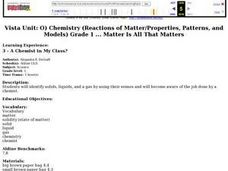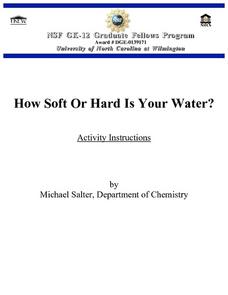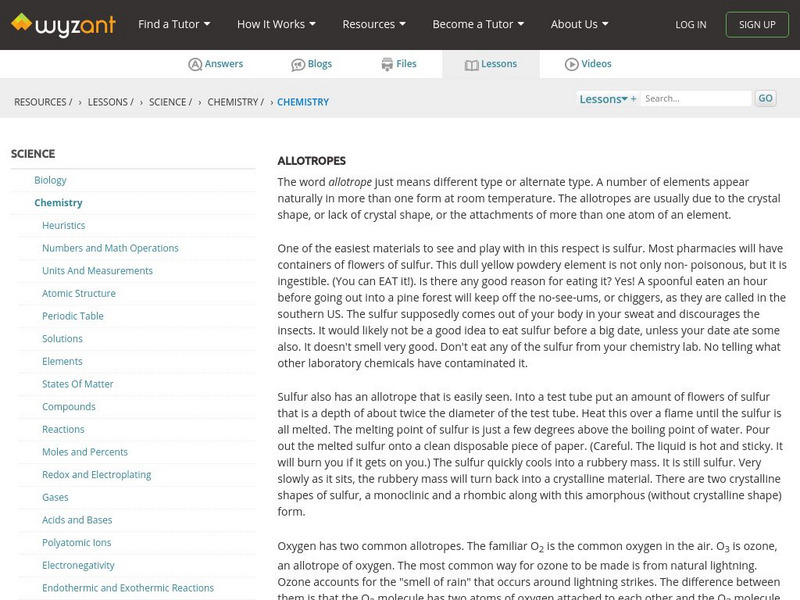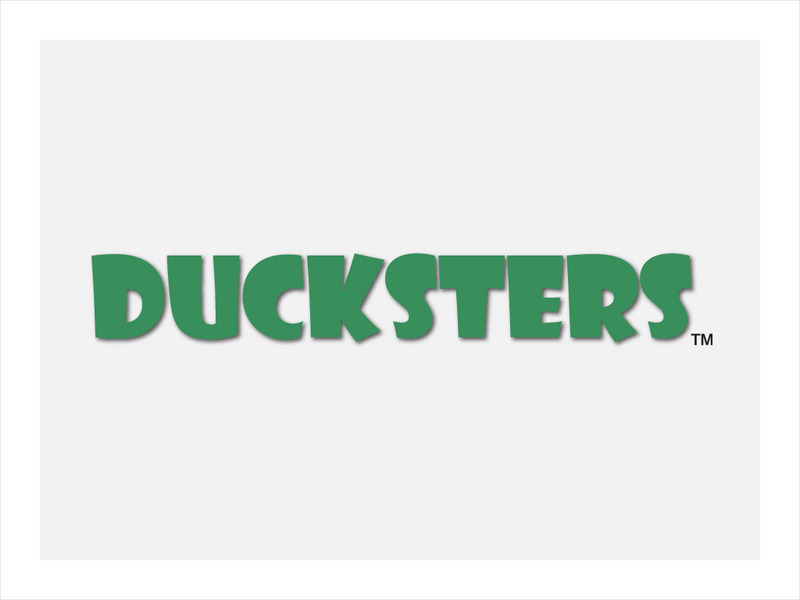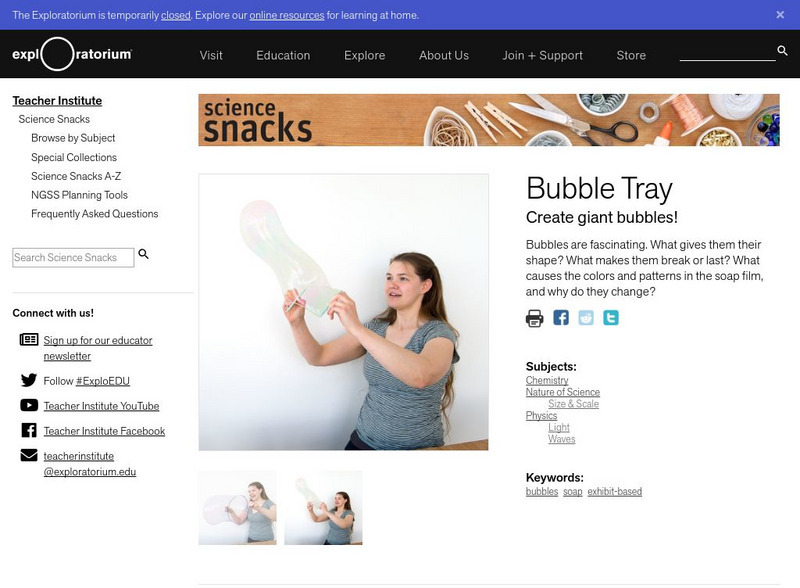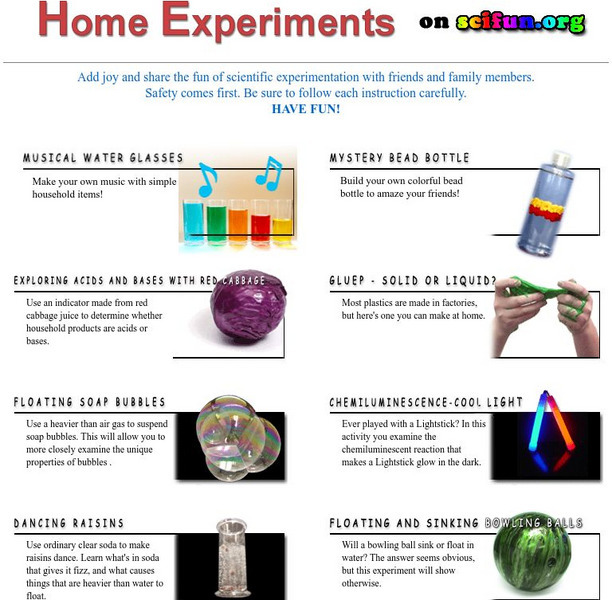Curated OER
A Chemist in My Class?
First graders in kindergarten science class discuss matter. They make predictions and then identify mystery items in brown paper bags as either solid, liquid, or gas by using their senses. They discuss that a chemist is a scientist that...
Exploratorium
Bubble Tray
Create jumbo bubbles and use them to teach about surface tension or interference, perfect for a physical science lesson on light or molecular attraction.
Curated OER
Mole Relations
Tenth graders investigate the mole using raisins, sunflower seeds and M&Ms candy. In this mole relations lesson plan, 10th graders create trail mix packets using the food items given to them using "dozen" as the units. Students write...
Curated OER
Acid, Base, or Salt?
In this acids and bases worksheet, students read about the differences between acids and bases and then complete a table comparing the characteristics of both. Then students determine if the given statements describe an acid, base, or...
Curated OER
Intermediate Sentence Completion: 37
For this sentence completion worksheet, students complete the sentence with one word. Students answer 10 multiple choice questions.
Curated OER
How Soft or Hard is Your Water?
Students test samples of water to determine how a chemical water softener affects water's ability to form suds. After collecting their data and analyzing their results, students answer follow-up questions about their lab.
CK-12 Foundation
Ck 12: Chemistry Simulation: Soap
[Free Registration/Login Required] Learn the chemistry behind the ability of soap molecules to remove stains from clothing. The amphipathic nature of soap molecules is highlighted.
Science Buddies
Science Buddies: Potions and Lotions: Lessons in Cosmetic Chemistry
Did you know that cosmetic companies employ teams of specialized chemists to develop and test each new line of make up, perfume, lotion, or soap? Here's a project that lets you be the cosmetic chemist. It shows you how to manufacture...
Wyzant
Wyzant: Chemistry: Terms
This lesson provides a list of chemical terms, defines them, and uses examples to describe and explain each. These include allotropes, ionic compounds, methane, carbon dioxide, alkali flats, blue vitriol, and others.
Ducksters
Ducksters: Chemistry for Kids: Soaps and Salts
Kids learn about soaps and salts in chemistry including interesting facts, how soap is made, how soap works, and what are salts in this site.
Exploratorium
Exploratorium: Science Snacks: Bubble Tray
This activity allows students to create and observe giant bubbles.
Science Education Resource Center at Carleton College
Serc: Investigating Liquids: Color Changing Milk
In this chemistry lab, the students will investigate what happens to the liquids: milk and food coloring, when dish soap is placed on a Q-tip and then put into the solution.
Science is Fun
University of Wisconsin: Home Experiments
This resource presents a collection of simple science experiments kids can do using household materials. The procedures include diagrams and are simple to follow.


